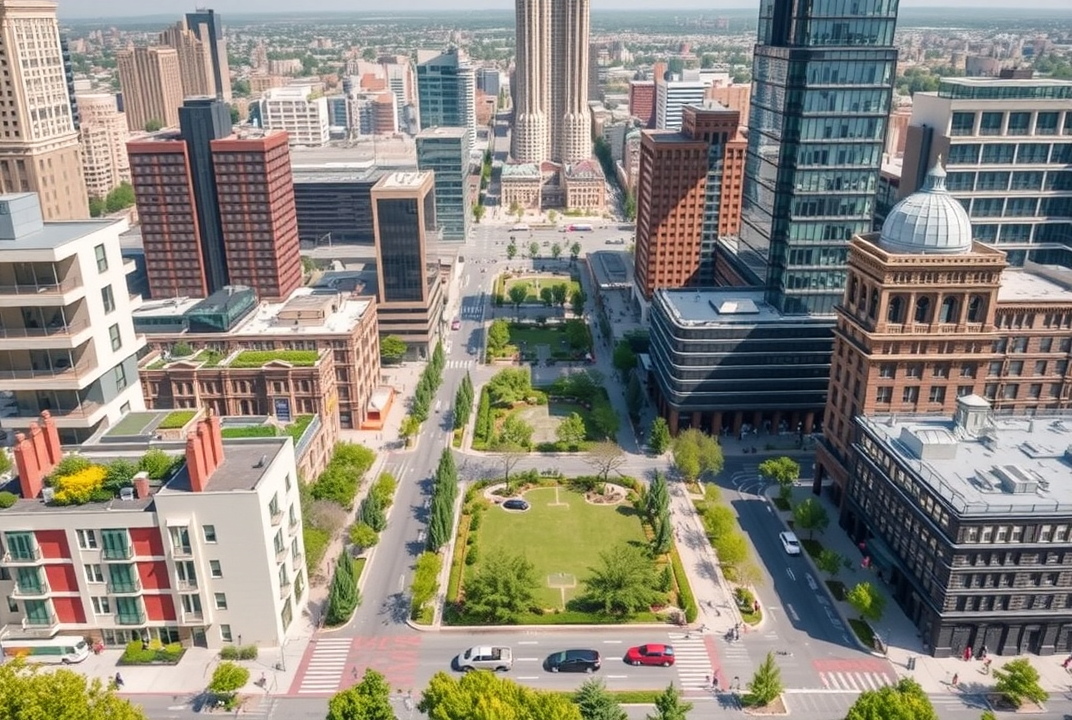Urban Planning: A Path to Sustainable Development

Introduction
Did you know that over half of the world's population now lives in urban areas, making effective city planning more crucial than ever? Urban planning directly influences sustainable development, offering solutions to manage our resources efficiently and create livable spaces.
In this article, we explore how urban planning contributes to sustainable development through strategic design and policy implementation.
The Role of Urban Planning in Sustainability
Urban planning plays a pivotal role in shaping sustainable cities. By implementing comprehensive land-use plans, cities can maximize resource efficiency. This ensures that infrastructure and services meet current needs without jeopardizing future generations.
Efficient Transportation Systems: Cities are focusing on public transportation to reduce traffic congestion and lower emissions. Improved urban transit systems not only enhance mobility but also cut carbon footprints.
Smart Growth Strategies: These strategies discourage urban sprawl and encourage compact, walkable urban centers that reduce environmental impact. By promoting mixed-use developments, they blend residential, commercial, and recreational spaces, contributing to vibrant communities.

Innovations in Urban Infrastructure
Green Building Technologies: Incorporating energy-efficient designs and renewable resources in buildings can significantly reduce energy consumption and augment environmental well-being. These structures often include solar panels and green roofs.
Water Management: Sustainable urban planning also involves water conservation solutions. By designing efficient irrigation systems and enhancing rainwater harvesting, cities safeguard precious water resources.
Community Involvement in Urban Planning
Community participation is vital for successful urban planning. Planners should engage citizens in decision-making processes to ensure their needs and values are prioritized.
Participatory Meetings: Organizing community meetings provides a platform for residents to voice their concerns. This collaborative approach ensures that the development strategies reflect diverse inputs.
Neighborhood Revitalization Projects: Involving communities in local projects fosters ownership and ensures long-term maintenance of urban spaces.

Overcoming Challenges
Urban planning is not without its challenges. Balancing economic growth with environmental protection requires innovative solutions.
Investment in Technology: Introducing smart technology in city infrastructure helps in monitoring energy use and optimizing resource allocation. Cities investing in smart grids can immediately adjust to changes in power demand, driving efficiency.
Policy Support: Establishing supportive policies that encourage sustainable practices is crucial. Incentives for green building certifications and sustainable resource usage bolster the transition towards a more sustainable future.
Conclusion
Urban planning is essential to driving sustainable development efforts. By mobilizing effective strategies and innovations, cities can thrive sustainably, offering a better quality of life.
A proactive approach involving technology, community, and policy makes it possible to shape the sustainable cities of tomorrow. Engage with local planning boards to contribute your ideas and help mold your city's future.

